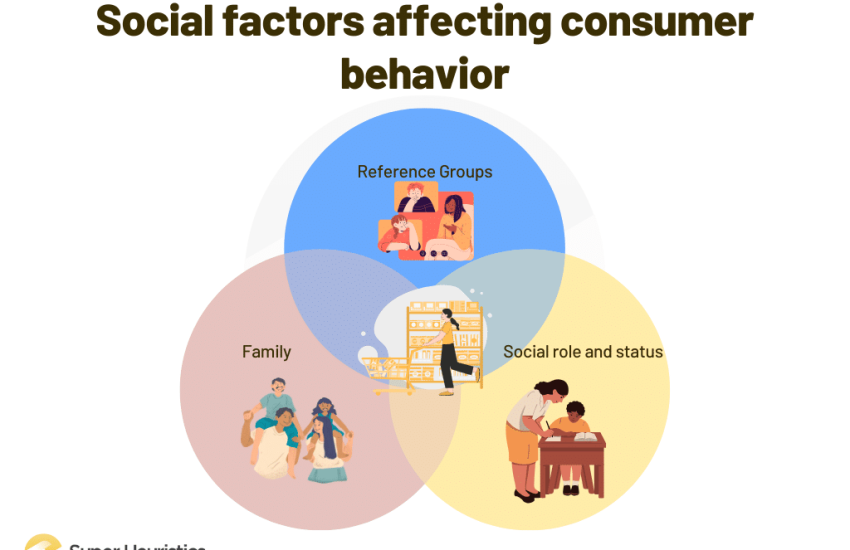The Social Impacts of Single-Parent Families
Single-parent families have become increasingly common in today’s society, with more and more individuals taking on the responsibility of raising a child on their own. While single parenting can present unique challenges, it also has significant social impacts that are worth examining.
Financial Strain
One of the most immediate impacts of single-parent families is the financial strain that often accompanies this type of household structure. With only one parent responsible for providing for the family, there may be limited financial resources available, leading to increased stress and hardship. This can have a ripple effect on various aspects of the family’s life, including access to education, healthcare, and other essential services.
Emotional Support
Another significant impact of single-parent families is the potential lack of emotional support for both the parent and child. Without a second parent to share the responsibilities of parenting, single parents may feel overwhelmed and isolated. This can lead to feelings of loneliness, anxiety, and depression, which can affect both the parent’s mental health and the child’s emotional development.
Parenting Challenges
Single parents face unique challenges when it comes to parenting, as they must navigate the responsibilities of raising a child alone. This can be particularly challenging in terms of discipline, decision-making, and providing emotional support. Single parents may also struggle to find time for self-care and personal fulfillment, as they juggle the demands of work and parenting.
Impact on Children
There is evidence to suggest that children raised in single-parent families may experience negative social impacts compared to children from two-parent households. These impacts can include lower academic achievement, higher rates of behavioral problems, and increased risk of poverty. However, it is important to note that each family is unique, and not all single-parent families experience these challenges.
Community Support
Despite the challenges that single-parent families may face, there are resources available to provide support and assistance. Community organizations, government agencies, and non-profit groups can offer services such as counseling, financial assistance, and childcare to help single parents and their children thrive. Building a strong support network can help mitigate the social impacts of single-parent families and ensure that families receive the help they need.
Conclusion
Single-parent families have become a common household structure in today’s society, with unique challenges and social impacts. While financial strain, emotional support, and parenting challenges are among the key issues faced by single parents, it is important to recognize the resilience and strength of single-parent families. By providing support and resources, we can help single parents and their children overcome these challenges and thrive in their communities.
Overall, the social impacts of single-parent families are complex and multifaceted, requiring a thoughtful and holistic approach to support these families and ensure the well-being of all members. By understanding and addressing the unique needs of single-parent families, we can create a more inclusive and supportive society for all families.


